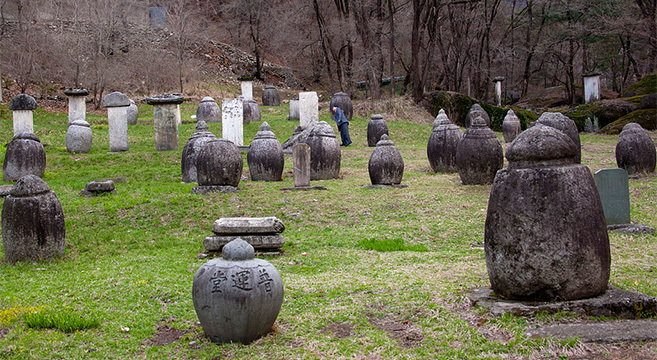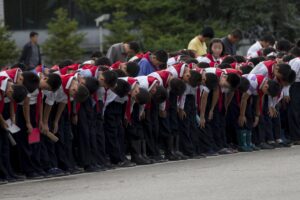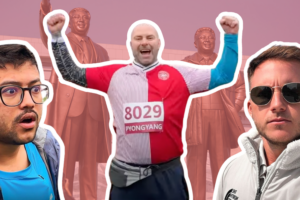“He did a lot of those illegal things, and so he became very rich” is a remark one can often hear from North Korean refugees when they talk about their business activities in the North. At first glance, this remark appears rather strange. According to the letter of the North Korean law, pretty much all private commercial activities in North Korea are illegal. A woman who sells produce from her private fields in the mountains is breaking the law, ditto another woman who sells shoes manufactured in one of the local private workshops. Needless to say, the owner and employees of said workshop are also engaged in activities that are technically illegal.
'…profits are high enough to make people willing to brave the risks'
“He did a lot of those illegal things, and so he became very rich” is a remark one can often hear from North Korean refugees when they talk about their business activities in the North. At first glance, this remark appears rather strange. According to the letter of the North Korean law, pretty much all private commercial activities in North Korea are illegal. A woman who sells produce from her private fields in the mountains is breaking the law, ditto another woman who sells shoes manufactured in one of the local private workshops. Needless to say, the owner and employees of said workshop are also engaged in activities that are technically illegal.
'…profits are high enough to make people willing to brave the risks'
Try unlimited access
Only $1 for four weeks
-
Unlimited access to all of NK News: reporting, investigations, analysis
-
Year-one discount if you continue past $1 trial period
-
The NK News Daily Update, an email newsletter to keep you in the loop
-
Searchable archive of all content, photo galleries, special columns
-
Contact NK News reporters with tips or requests for reporting
Get unlimited access to all NK News content, including original reporting, investigations, and analyses by our team of DPRK experts.
Subscribe
now
All major cards accepted. No commitments – you can cancel any time.










